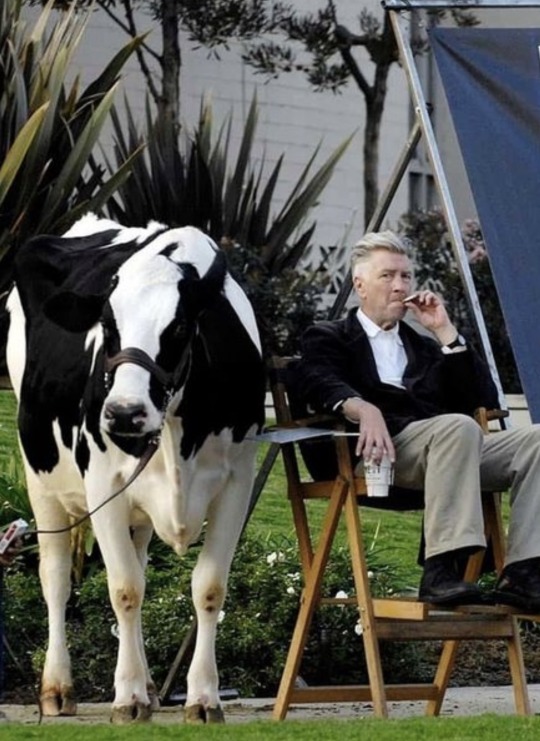#auteur cinema
Text
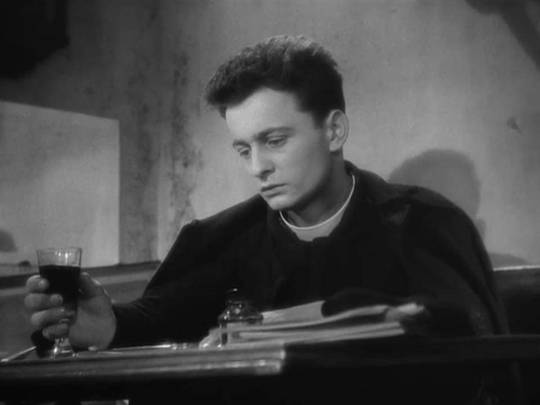
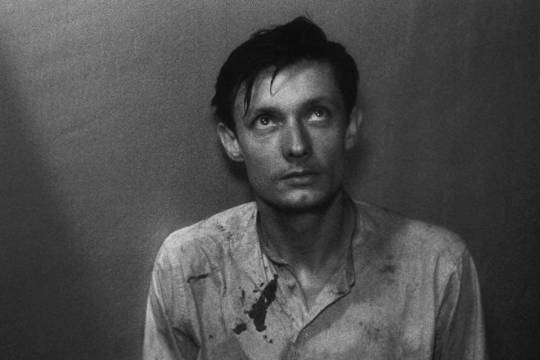
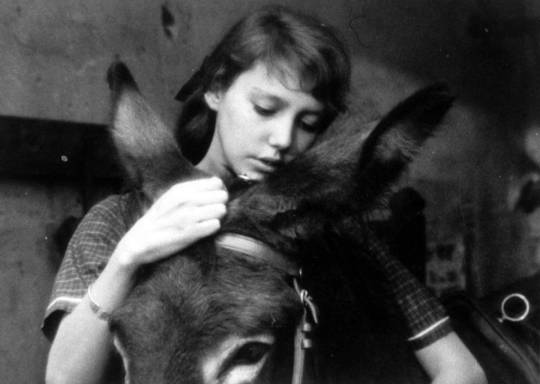
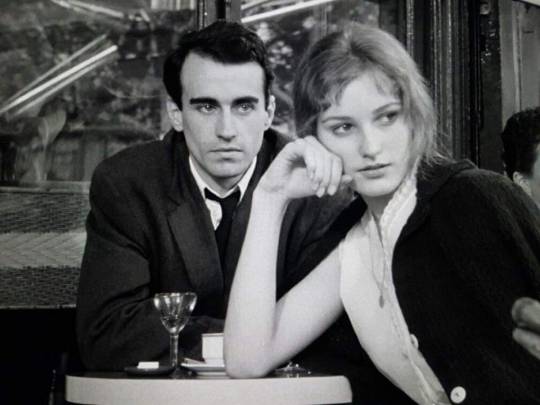

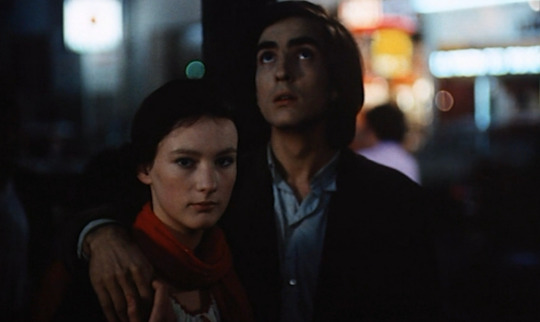


'Models' of Robert Bresson.
Robert Bresson emphasised on the avoidance of any kind of theatrical methods in his films. He never allowed his actors to act and he used to call them models instead of actors. The monotonous way of talking with totally toned down expressions, a look filled with deep internal emotions and conflicts which will never come out in an expressive way are the common traits of all his models. His total control over his models and his ability to make them look, talk, express and actually make them exist in exactly the way he wants is just brilliant and masterful. Some people may find it quite unnatural of Bresson to take it to that extent that it seems too inactive and eventually unnatural (the way the models exist) but for me it's pure and exceptional. Bresson never let his models act and that's why people hardly talk about the 'performance' but the thing is that there is no performance. Still the faces of these models will always be there in my mind, they are marked heavily on the board of my memories, more than any great actor's performance. On these faces a deep and hidden melancholy lies which is never going to reveal itself in an expressive way. They suffer internally and alone. All of it is just so internal, still I feel myself connecting with them in an inexpressible way.
3 notes
·
View notes
Text
Auteur directors always like to complain about Marvel movies and the like but I just saw the trailer for Iñárritu's new movie and it says literally nothing about the plot or characters. The only selling point is "look at these pretty shots Iñárritu took. Buy tickets now". Yes, the hegemonic rise of the superhero franchise as the only form of popular media is a problem. Yes, cinema is worse when everything is just derivative storytelling and CGI noise. Yes, even as a dedicated Marvel fan I can tell that Disney's monopoly on media is an absolutely terrible thing and variety in film must always be desired. But how do they expect to compete with it when they're not even showing the menu to the viewers so they can make a decision on whether or not to consume their art? It could be the most beautiful movie in the history of cinema and still everything I know about it is a famous artist made it, which means the only people guaranteed to buy into it are people who already like Iñárritu's work, and that's objectively a minority of movie goers not because he isn't talented or doesn't deserve it, but because it's niche and cryptic. If the movie underperforms (which given the fact it's competing with TWO superhero franchises, The Woman King and all of streaming media it's more than likely to), Iñárritu is gonna go on another tirade about how Marvel is killing cinema and it's not art and all the bullshit these guys like to tell the media. And maybe he isn't wrong, but if you're already doing something you know is niche, AND you're doing nothing to advertise it, AND your studio picks the absolute worse date to release it, then what exactly do you expect to happen? You think people will suddenly be enlightened and go "hey, Black Panther is shit, I'll just go to this movie I've never heard anything about from this guy whose last major film I heard about was explicitly mocking the kind of movie I like and just masturbating about the glory of filmmakers, that is being sold on nothing but the camera work, I'll probably like it more"? Because the fact that the trailer tells so little tells me that either the studio has no faith in it because it's another cliché tragedy about a self insert auteur who has lost connection with his craft due to The Evil Stupid Consumer, OR the story is so incomprehensibly convoluted there's no way to properly convey it in a trailer without spoiling it or making it look stupid. At which point I must say, is it really the viewer's fault that nobody is watching your movies?
2 notes
·
View notes
Text
favorite first time watches, may 2023
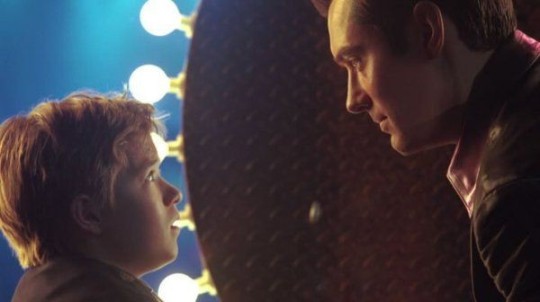




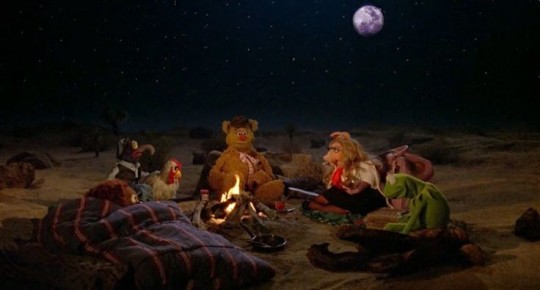

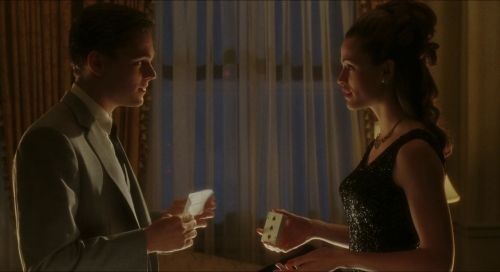
[left to right] ai artificial intelligence (2001); dead poets society (1989); sunset boulevard (1950); after hours (1985); the departed (2006); the muppet movie (1979); drop dead gorgeous (1999); catch me if you can (2002)
1 note
·
View note
Text
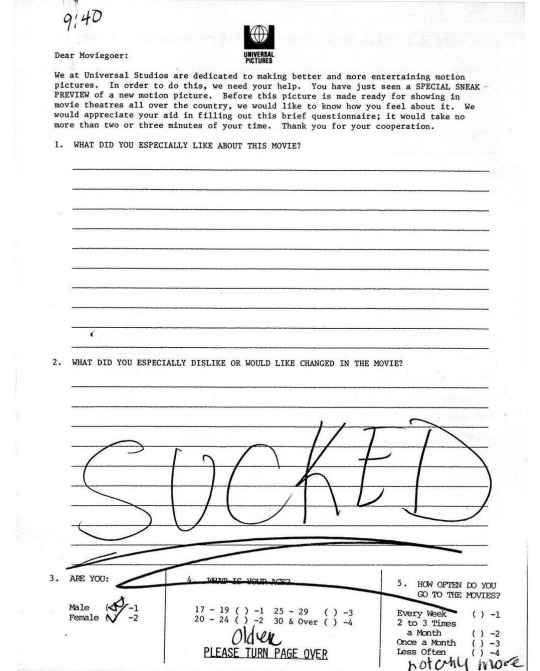
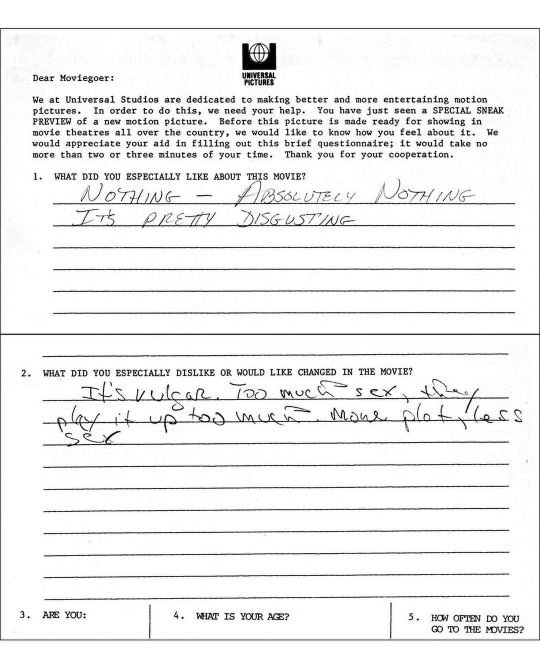

Audience Comments from a Test Screening of Cronenberg's 'Videodrome' (1983)
Via MUBI
#videodrome#cult cinema#cinema#movie#david cronenberg#art#contemporary art#aesthetic#portrait#horror film#horror#auteur
285 notes
·
View notes
Text
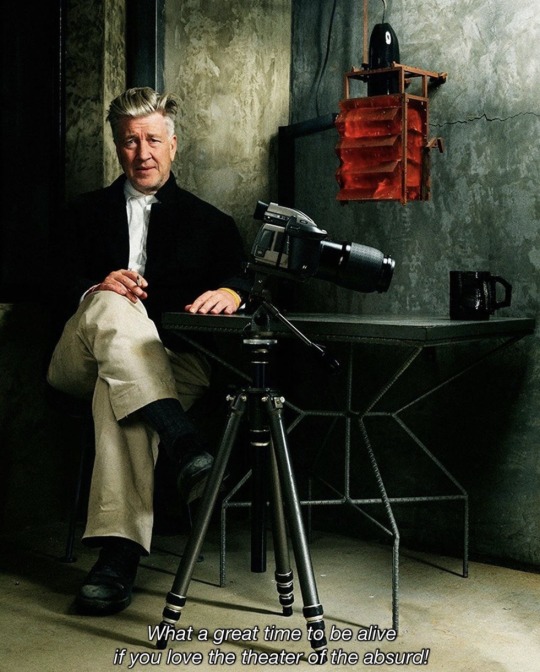
#david lynch#the theater of the absurd#what a time to be alive#aesthetic#vintage#old school cool#style#filmmaker#surreal#twin peaks#cinema#auteur
165 notes
·
View notes
Text
#Christopher Nolan#Chris Nolan#director#filmmaker#auteur#Cillian Murphy#actor#Batman Begins#The Dark Knight#Inception#inception#Dunkirk#Oppenheimer#movies#filmography#IMDb#scenes#golden globes#golden globe#cinema
106 notes
·
View notes
Photo

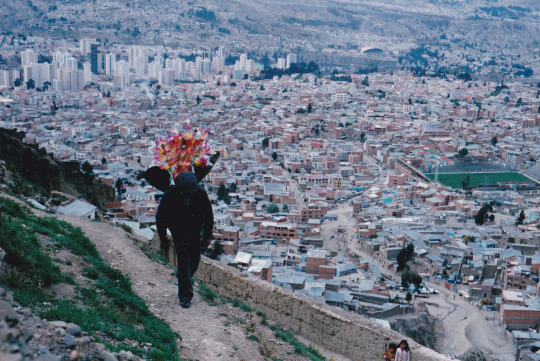
The Secret Nation (La Nación Clandestina) | Jorge Sanjinés | 1989 | Bolivia
#la nación clandestina#aymara#jorge sanjinés#bolivian films#native american movies#cinema#film#bolivia#movies#auteurs#film d'auteur#indigenous movies#bolivian#80s cinema#the secret nation#1989#latin american cinema#latin american films
127 notes
·
View notes
Text

Buster Keaton
#buster keaton#silent movies#comedy#1920s#silent film#silent comedy#1920s cinema#golden age of hollywood#hollywood#slapstick#filmmakers#directors#silent film stars#silent movie stars#auteur
55 notes
·
View notes
Text
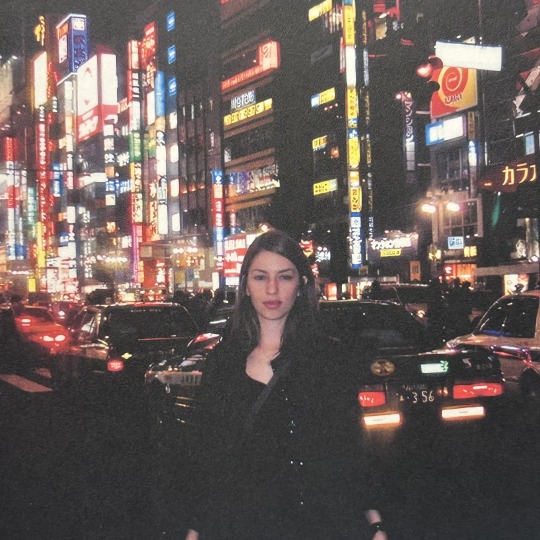
Behind the scenes on the set of Lost in Translation, filmed in Tokyo, Japan in September and October 2002.
SOFIA COPPOLA ARCHIVE - 2023
13 notes
·
View notes
Photo

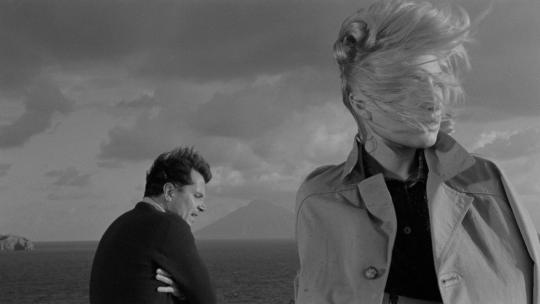
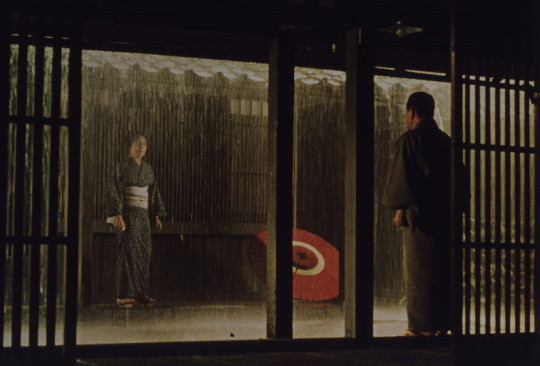
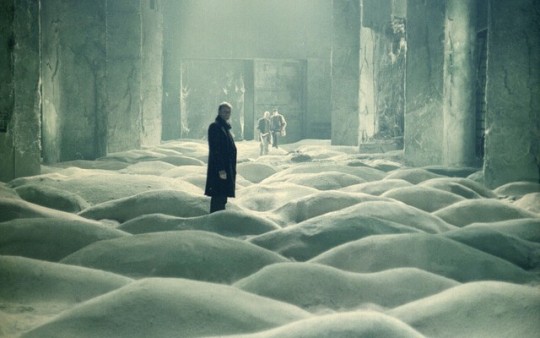
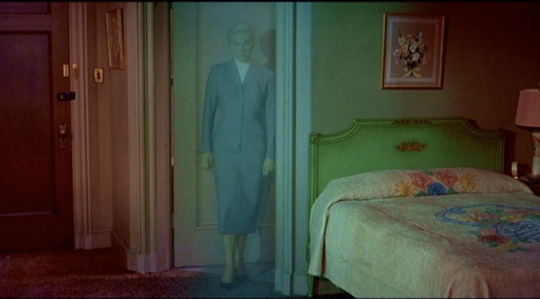
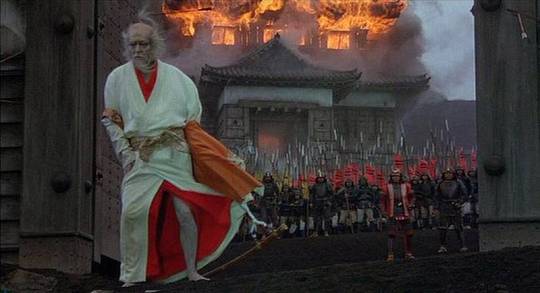

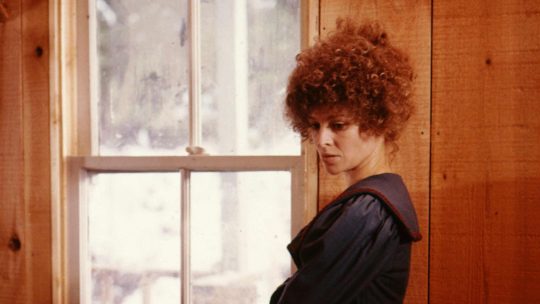
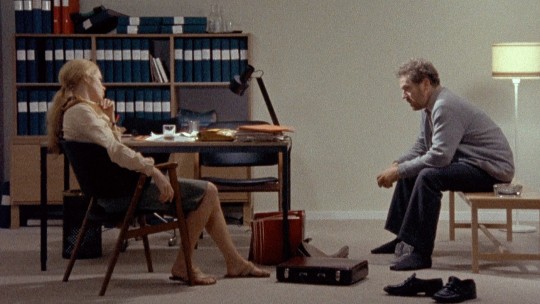

20 GREATEST DIRECTORS (pt 1)
20 of my favorite directors and their best films. Below are the first ten - these are movies and filmmakers whose work I’ve come back to countless times.
Lists are otherwise pointless, but I also wanted to have a reason to string some images from some of my favorite films together :)
Kubrick - Barry Lyndon
Antonioni - l’Avventura
Tarkovsky - Stalker
Ozu - Floating Weeds
Hitchcock - Vertigo
Kurosawa - Ran
Fellini - 8 1/2
Altman - McCabe & Mrs. Miller
Bergman - Scenes from a Marriage
Rohmer - La Collectioneuse
#cinema#directing#director#filmmaker#filmmaking#greatest directors#great artists#cinephile#film stills#film#movie#great film#auteur
67 notes
·
View notes
Text
The auteur worship of Martin Scorsese on social media is frankly, very embarassing.
#in our scathing indictment of Disney I think we have swung the pendulum to extreme in the other direction#and regressed back to full on auteur worship#anti martin scorsese#im referring to gdt's embarassing fanboying of scorsese on twitter. 'scorsese is cinema! defends cinema!'#like gdt bro stop being so embarassing when are you going to cast a poc as the lead in your films?
9 notes
·
View notes
Link
“In the 1950s, Japanese cinema enjoyed what is widely discussed as its second “golden age” – a period in which the country’s filmic output was considered among the best in the world. This was a time when directors like Akira Kurosawa (Rashomon), Kenji Mizoguchi (Ugetsu) and Masaki Kobayashi (Harakiri) were winning top awards in Europe. Japanese genre classics were transforming the shape of Hollywood – as Seven Samurai, Yojimbo and The Hidden Fortress were soon-to-be adapted to create The Magnificent Seven, A Fistful of Dollars and Star Wars in the West. And as Godzilla was born out of the atomic destruction of Hiroshima and Nagasaki, Yasujirō Ozu (Tokyo Story) was creating gentle cinematic works that are today admired as some of the greatest of all time.
But while the stars of the screen were both male and female, the influential figures behind the cameras were predominantly men; the effect of a deeply patriarchal society historically bound by tradition. Most discussions of this deeply influential period of global cinema, in fact, will have little to say about female filmmaking at all – there were so few figures consistently working in the field. It was not until a young Naomi Kawase (Suzaku) won the Caméra d’Or at Cannes in 1997 that women filmmakers of Japan truly found sustained recognition overseas.
Much-welcomed, then, is the BFI’s latest film season, in collaboration with Edinburgh Film Festival (EIFF) and Janus Films. Titled Kinuyo Tanaka: A Life in Film, it explores the outstanding works of one of the country’s first-ever female auteurs – whose incredible and under-seen films have been newly restored in 4K. A screen icon in her own right (highlights from her incredible acting career, including collaborations with nearly all of the aforementioned filmmaking giants, are to be shown in September), Tanaka defied the male gatekeepers of the industry to carve out her own career behind the camera. She thrived in the process, delivering works that matched those of her male counterparts and often surpassed them.
Though her directing career was short (Tanaka completed six films in nine years in total), the stories she told were vital tales of female agency and desire that were essential to the cinematic development of one of the world’s great filmmaking nations.“
#kinuyo tanaka#japanese directors#japanese filmmakers#japanese cinema#female auteurs#janus films#edinburgh film festival#british film institute
76 notes
·
View notes
Text

Forever Favs. #Societythings
#darling#darling bonnie#darling bonnie land#darling society#high class hip hop#high street culture#art#culture#style#beauty#lifestyle#lifestyle blog#music#music blog#sofia coppola#film#auteur#coppola#cinema#movies#director#chic#glamour#societythings
4 notes
·
View notes
Text
after hours (1985) | dir. martin scorsese
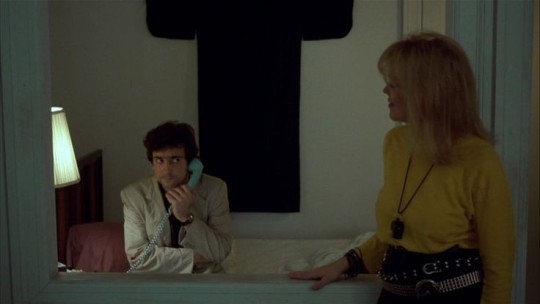
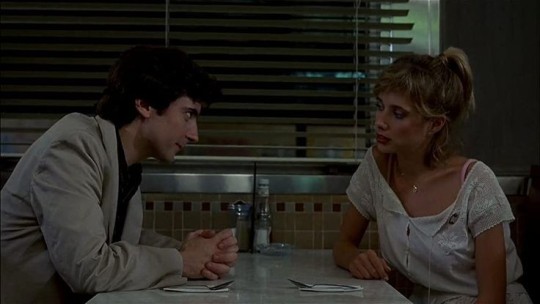
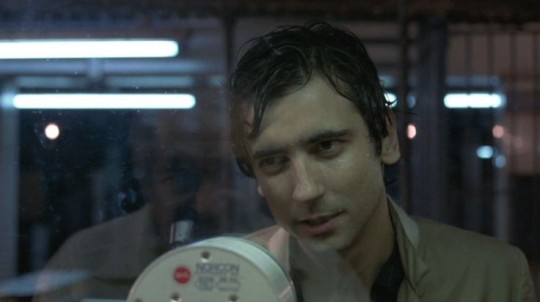
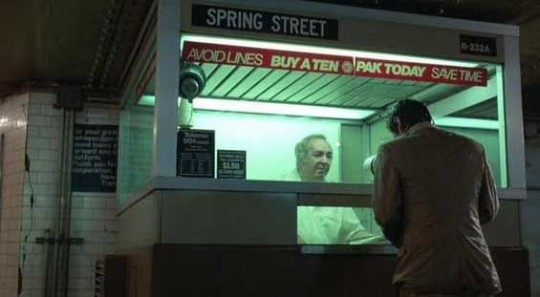
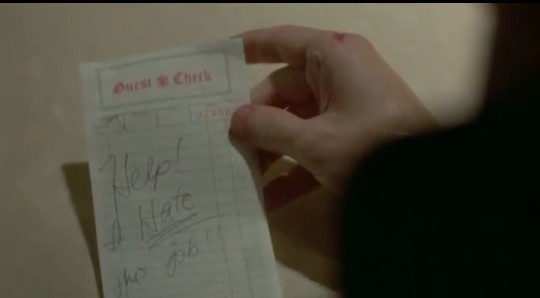
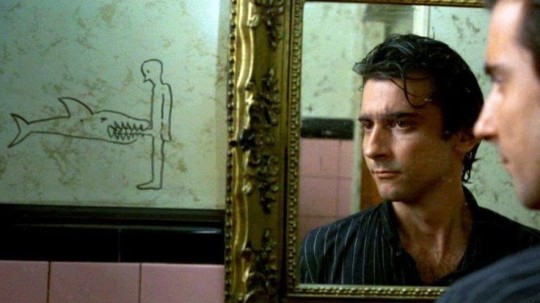

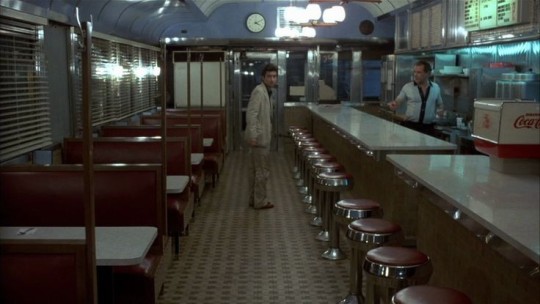
0 notes
Text
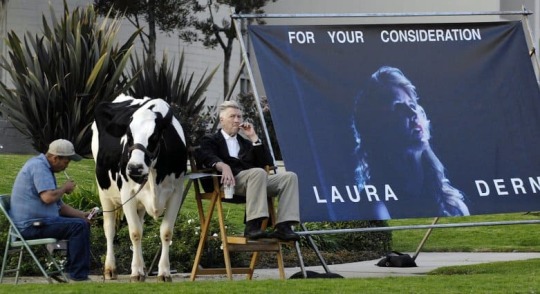
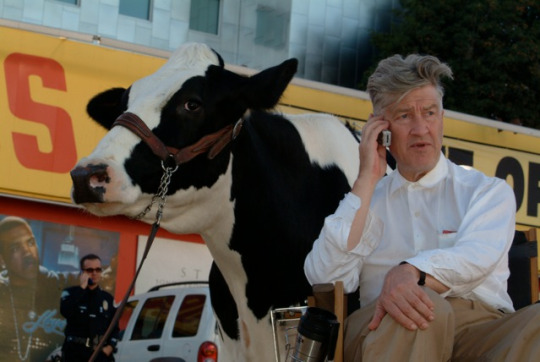
Back in 2006 David Lynch sat out in the open on the corner of Hollywood Boulevard and La Brea in Los Angeles, next to a giant poster of Laura Dern, and a live cow to campaign for Laura Dern's Oscar nomination.
#david lynch#laura dern#photography#cult cinema#art#cinephile#cinema#movies#movie history#inland empire#animals#cute art#portrait#contemporary art#director#auteur
136 notes
·
View notes
